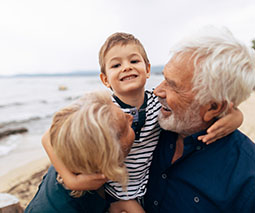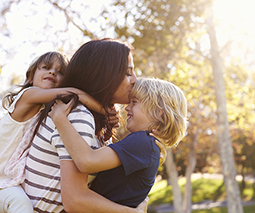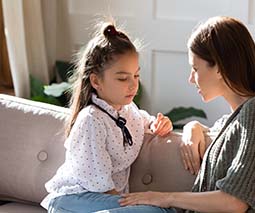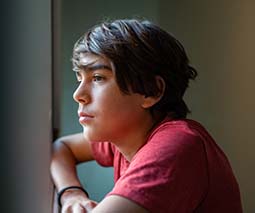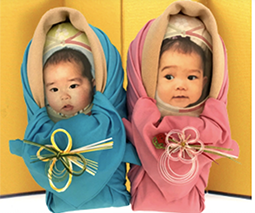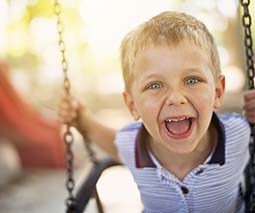Don’t want a salty kid? Here’s when you should stop swearing around your bub
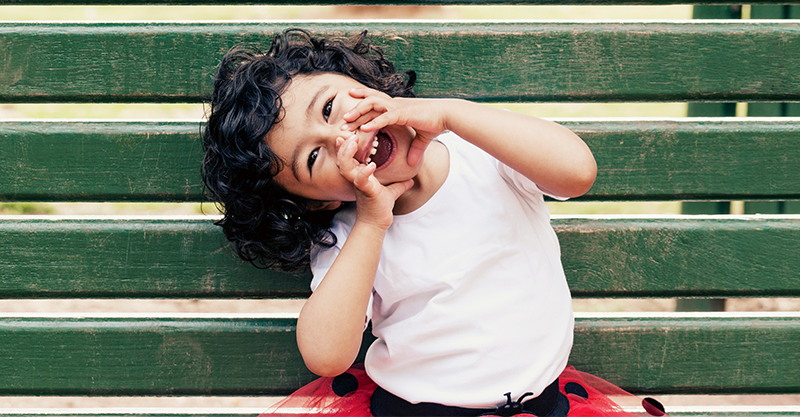
If you’ve ever found yourself suppressing a giggle as your toddler busts out a rude word, you’ll be interested to note that not only did they not really mean it – it’s possibly all your fault!
Pint-sized potty-mouth
So when should you stop swearing in front of your child? It’s earlier than you think.
Amy Conley Wright is a senior lecturer in social work and member of Early Start Research Institute at the University of Wollongong. In a piece published by the ABC, Amy explained that those swear words are programmed into little brains, as early as one year of age.
“Researchers Kristin and Timothy Jay found that children’s vocabulary of swear words expands rapidly from ages 1-2 to ages 3-4,” Amy writes, “in parallel to the general explosion in language in the toddler and preschooler years. Their research found that by the time children began school at age 5, they already knew 42 taboo words.”
Amy says parents should completely ignore it when their toddler busts out a swear word because your reaction could reinforce that word’s power. Parents should also model good behaviour, merely by not swearing at all (easier said than done). Because little ears are always listening, your child will pick up on what you say AND where you say it.
Read more about cheeky kids:
- What to do if you have a sweary toddler
- This truthful ad about sweary mums will make you feel less sh*tty!
- Lazy, sweary Hatchimals have apparently ruined Christmas for thousands
Words with super-powers
Linguistics expert Professor Kate Burridge agrees that the rude reception swearing gets, makes a big difference in how kids process or adopt these words.
“They soon learn they get maximum attention [with a curse word]”, she told news.com.au. “In the old days they might have had their mouths washed out with soap or been sent to the bedroom with no supper but [now] they get maximum attention – and learn how potent these words are.”
When children first hear these words, they may not clock their potency straight away. However, as they soak up the language of the adults (and kids) around them, they quickly realise these words have superpowers and are keen to use them on special occasions – or when they feel under pressure. Even if they don’t understand what they mean – just yet.
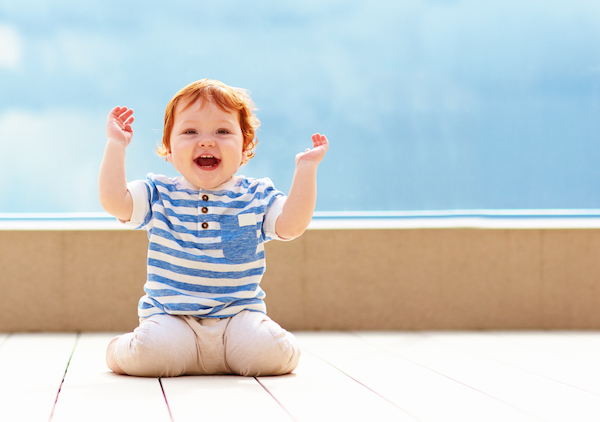
Prevention is best
“When young children swear before the age of 2 or 3 years old, they are usually just repeating what they have heard”, Dr Travis Wright writes at The Washington Post. “So, before taking your young child’s insult to heart, it may be important to realise that she may have no idea what she is actually saying.”
Dr Wright says if you want to avoid a sweary kiddo, the key is not to swear around them at all!
“To prevent younger children from cursing, prevention is the best strategy. If children are not exposed to profanity, they will not begin using it,” he says.
Psychology professor Timothy Jay agrees, noting that adults are swearing more than ever before – and it’s teaching kids rude words from an earlier and earlier age.
“By the time kids go to school now, they’re saying all the words that we try to protect them from on television. We find their swearing really takes off between three and four.”
No big deal?
Not everyone is worried about the impact swearing might have on our kids’ character or the way others think of them. Speaking to the UK Sunday Times recently, Dr Emma Byrne says swearing is completely normal and in fact plays an important role when it comes to communicating how we are feeling – and understanding others.
“Swearing is part of children’s social development,” Emma says. “Learning how to use swearing effectively, with the support of empathetic adults, is far better than trying to ban children from using such language.”
Dr Emma says we should rethink our attitude to swearing altogether.
“Talking honestly about why people swear helps to demystify not just the words, but also the emotions of the people around them. You’re helping them develop that all-important theory of mind. Children need to learn how swearing affects others.”
